Understand
Kano, the largest city in northern Nigeria, is a bustling metropolis with a population of around 2 million. This ancient trading city has a history spanning over a thousand years and offers a unique atmosphere. Although Kano is predominantly Muslim, with a small percentage of Christians and followers of traditional religions, the city welcomes visitors from all walks of life. Sharia law has been implemented, but it is mainly a reflection of the local customs and does not affect tourists. While foreign currency may not be accepted, there are banks and ATMs where you can exchange your money for Nigerian Naira. It's important to note that electricity brownouts are common, and the cleanliness of the streets may not meet everyone's expectations. English is the official language, but the heart of Kano lies in the local Hausa language spoken by the people in the streets. Immerse yourself in the vibrant culture and embrace the buzzing energy of Kano, where the true beauty lies in its people.
Popular Foods
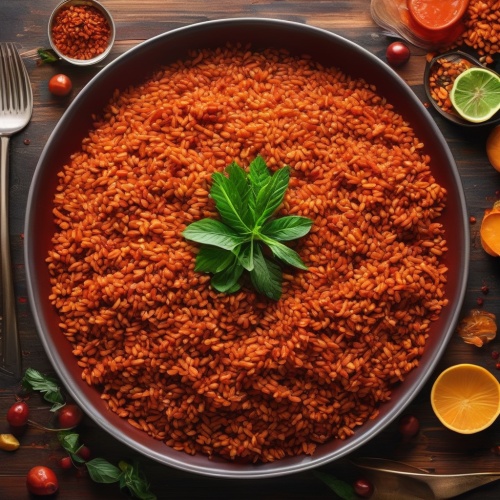 Jollof Rice - Jollof Rice is a popular West African dish that originated in Nigeria and is widely enjoyed across the continent. It is a one-pot rice dish cooked with tomato, onions, peppers, and spices, often accompanied by meat such as chicken, beef, or fish. The dish is flavorful and hearty, making it a favorite for both casual meals and celebrations.
Jollof Rice - Jollof Rice is a popular West African dish that originated in Nigeria and is widely enjoyed across the continent. It is a one-pot rice dish cooked with tomato, onions, peppers, and spices, often accompanied by meat such as chicken, beef, or fish. The dish is flavorful and hearty, making it a favorite for both casual meals and celebrations.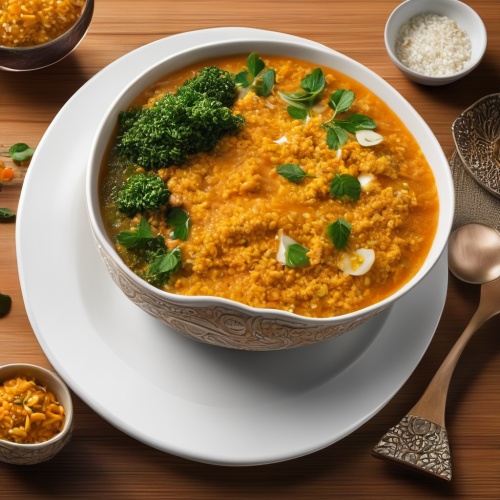 Egusi Soup - Egusi soup is a popular Nigerian dish made from melon seeds, which are ground into a paste and used as the base for this savory stew. The soup typically features a variety of vegetables such as spinach, pumpkin leaves, and bitter leaves, as well as meat like goat, cow, or tripe. It is served with staple foods like yam, garri (cassava flour), or semovita (a type of maize meal).
Egusi Soup - Egusi soup is a popular Nigerian dish made from melon seeds, which are ground into a paste and used as the base for this savory stew. The soup typically features a variety of vegetables such as spinach, pumpkin leaves, and bitter leaves, as well as meat like goat, cow, or tripe. It is served with staple foods like yam, garri (cassava flour), or semovita (a type of maize meal).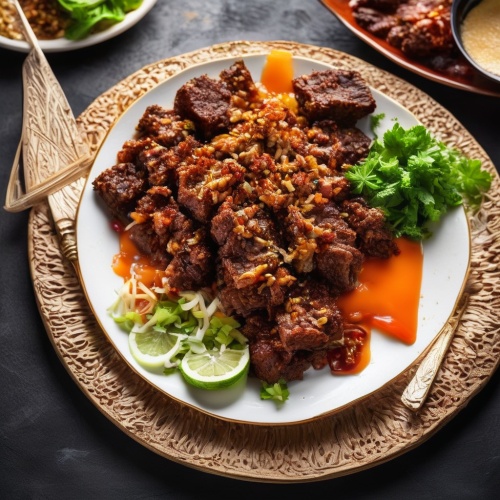 Suya - Suya is a popular street food in Nigeria, consisting of skewered and grilled meat, typically beef or chicken. The meat is marinated in a blend of spices, including ginger, garlic, curry, and pepper, before being barbecued over charcoal. Suya is often served with a side of chopped onions, cabbage, and a spicy, tangy sauce called "kosa."
Suya - Suya is a popular street food in Nigeria, consisting of skewered and grilled meat, typically beef or chicken. The meat is marinated in a blend of spices, including ginger, garlic, curry, and pepper, before being barbecued over charcoal. Suya is often served with a side of chopped onions, cabbage, and a spicy, tangy sauce called "kosa."
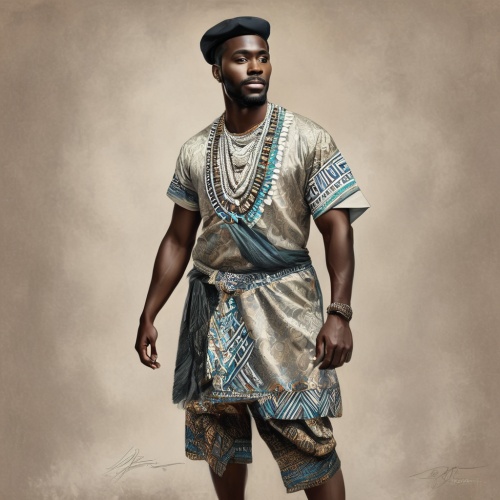
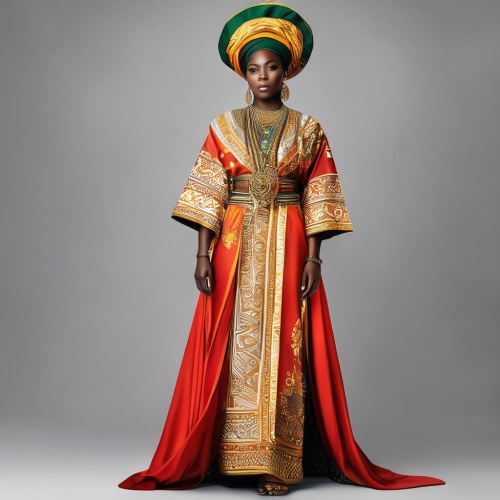
Comments
NO COMMENTS